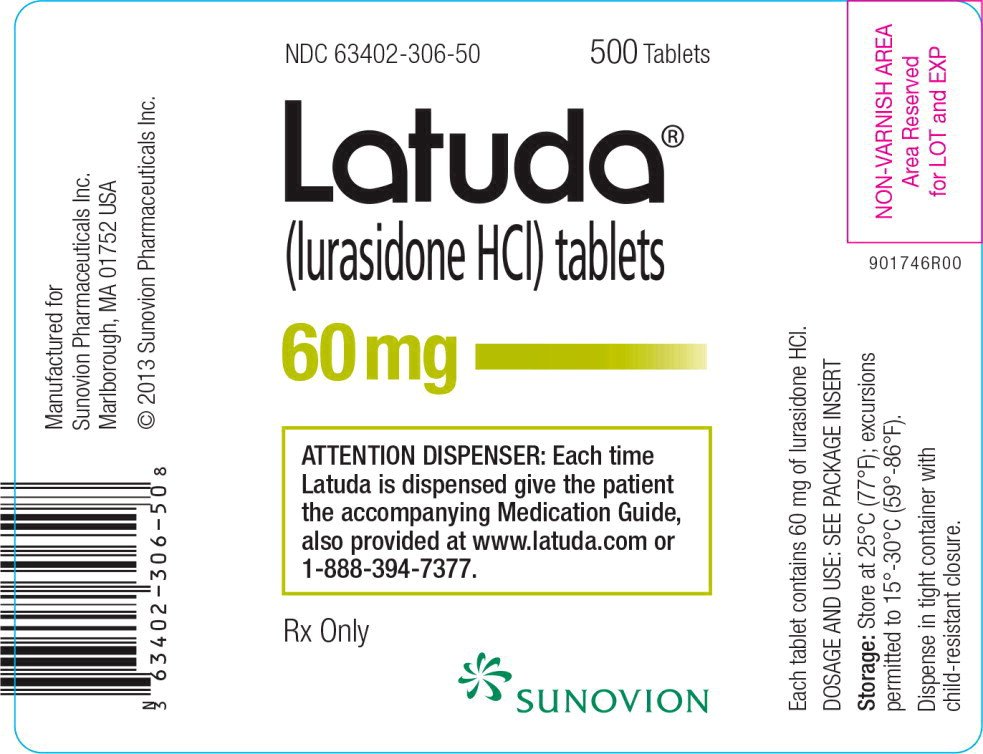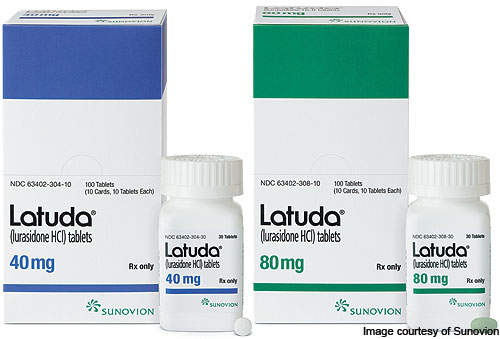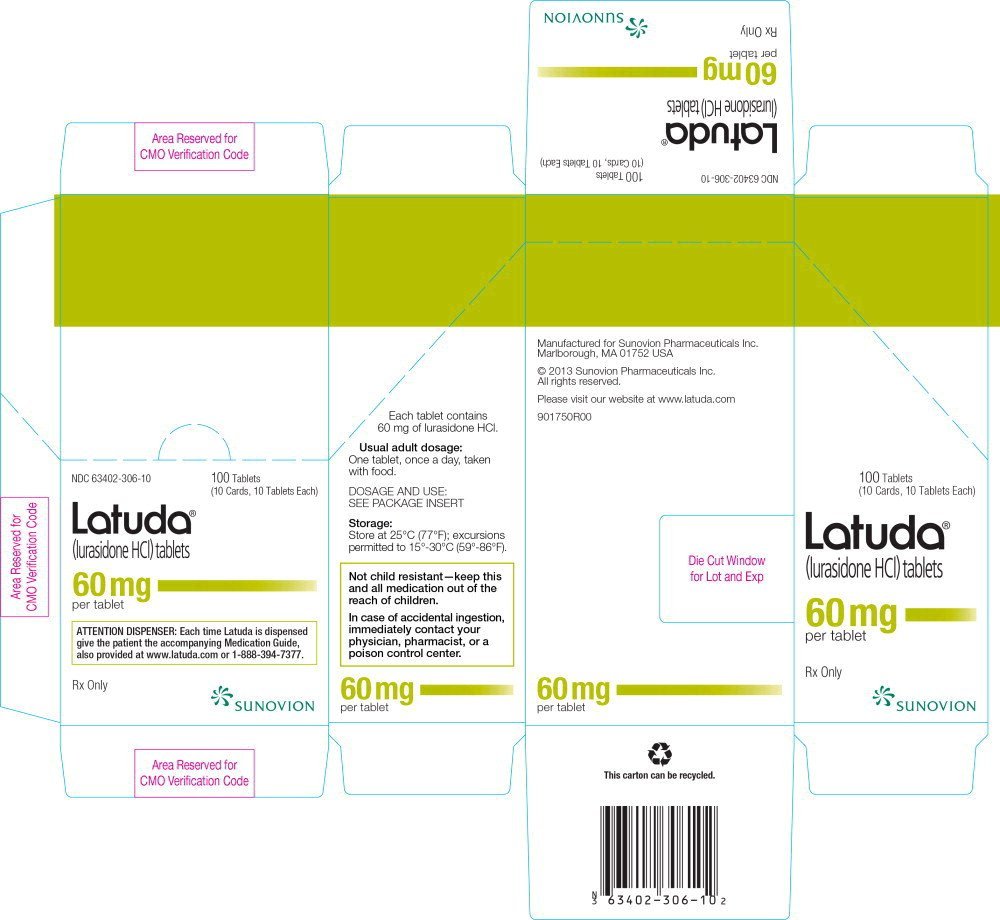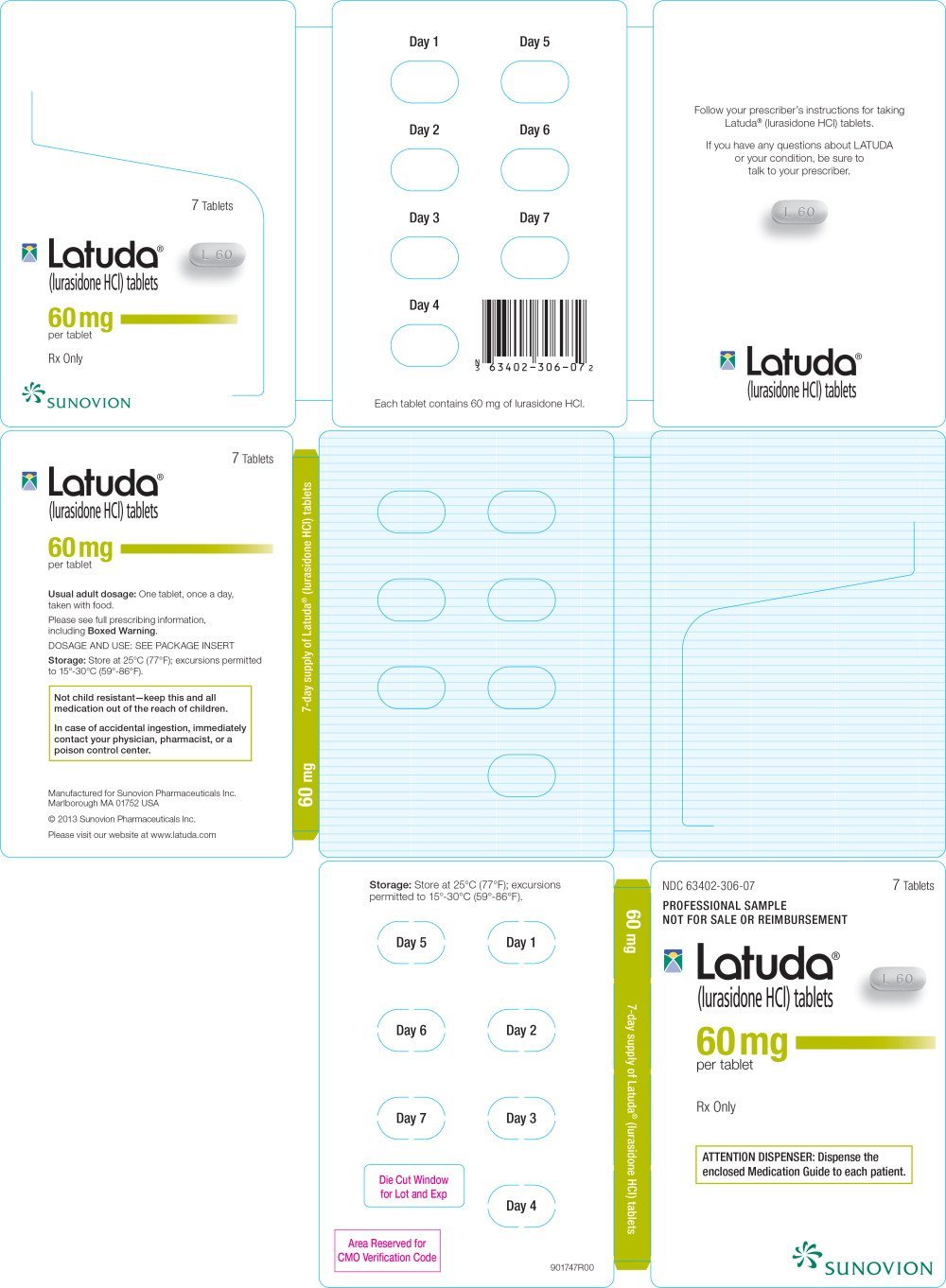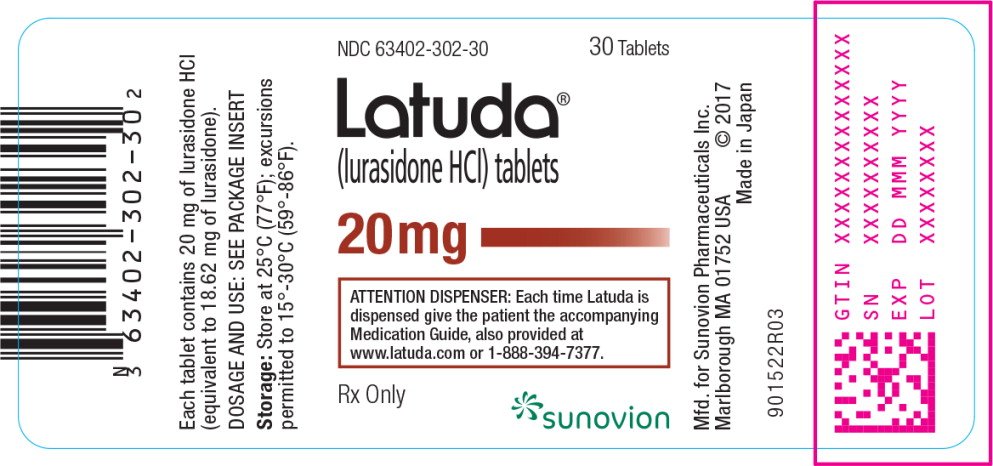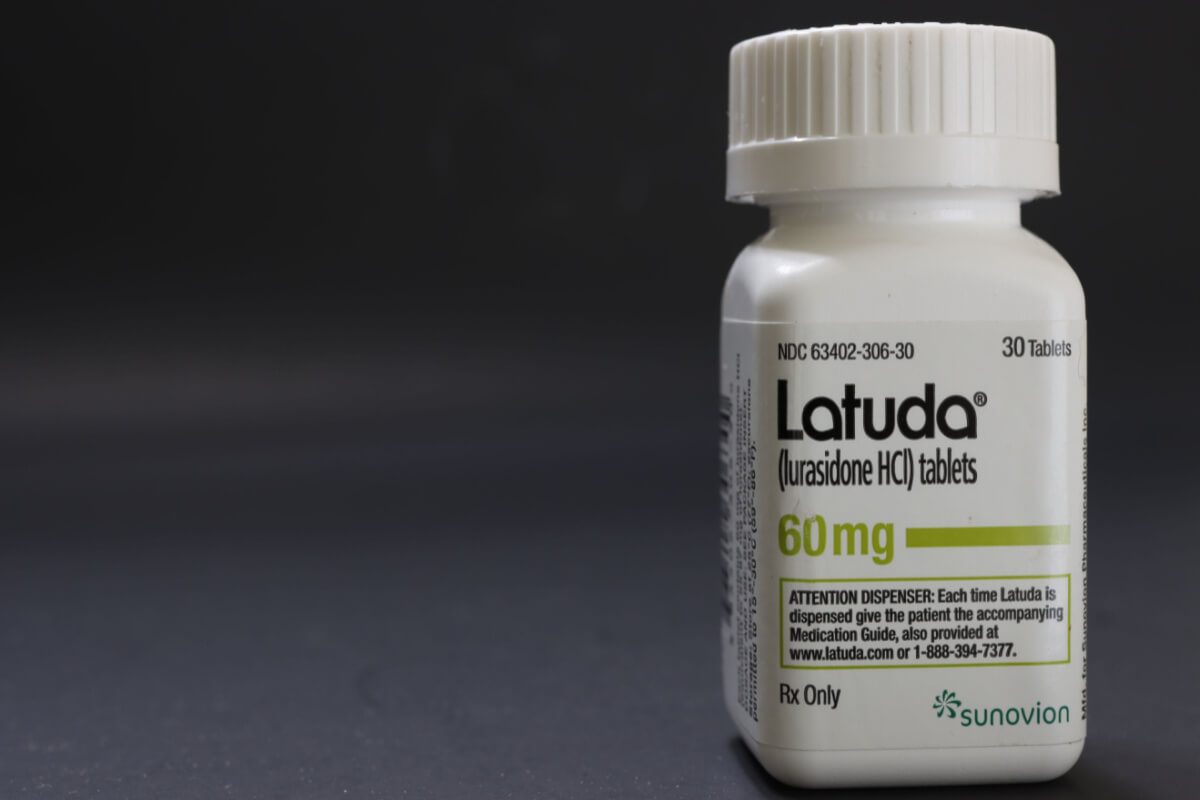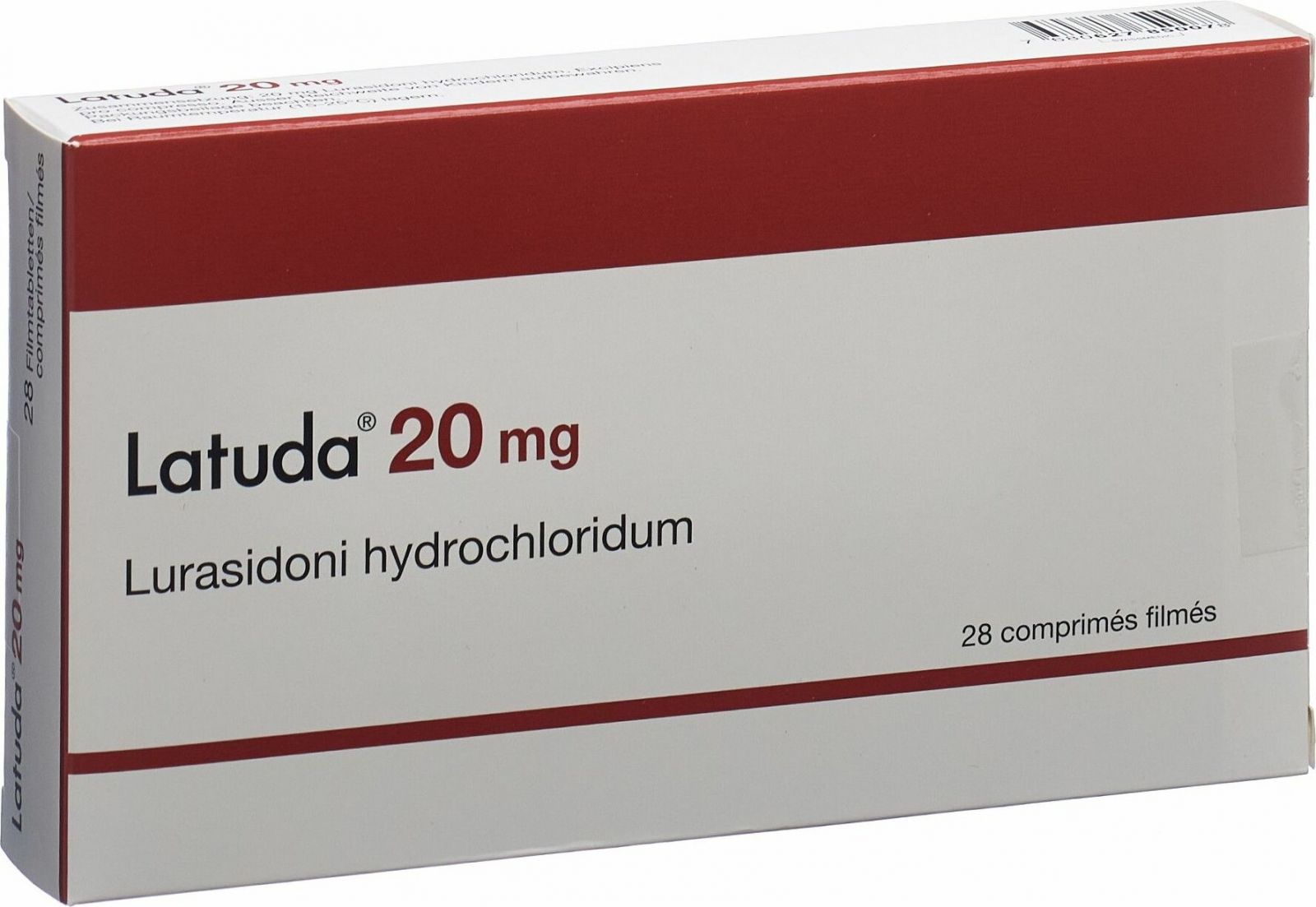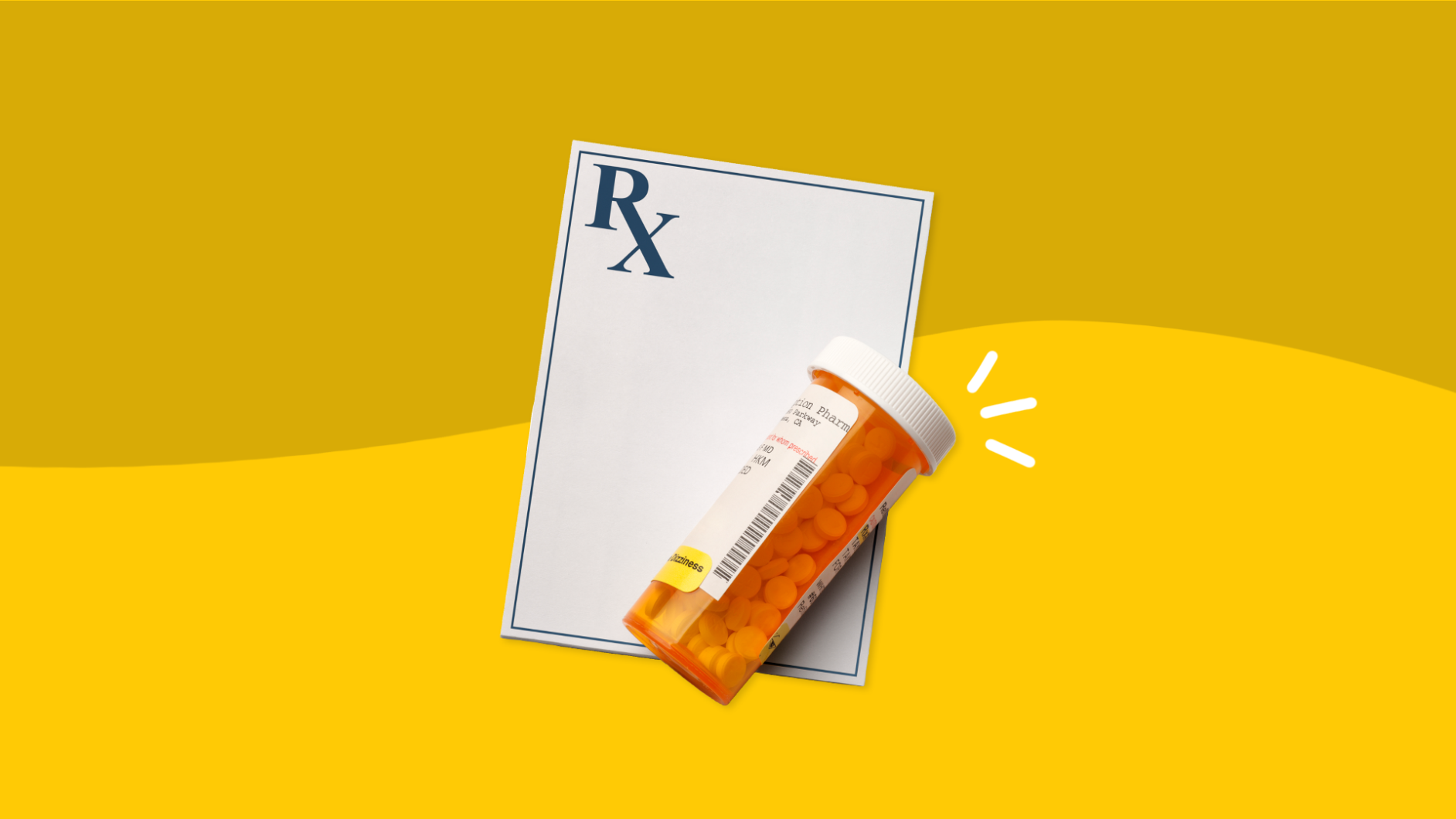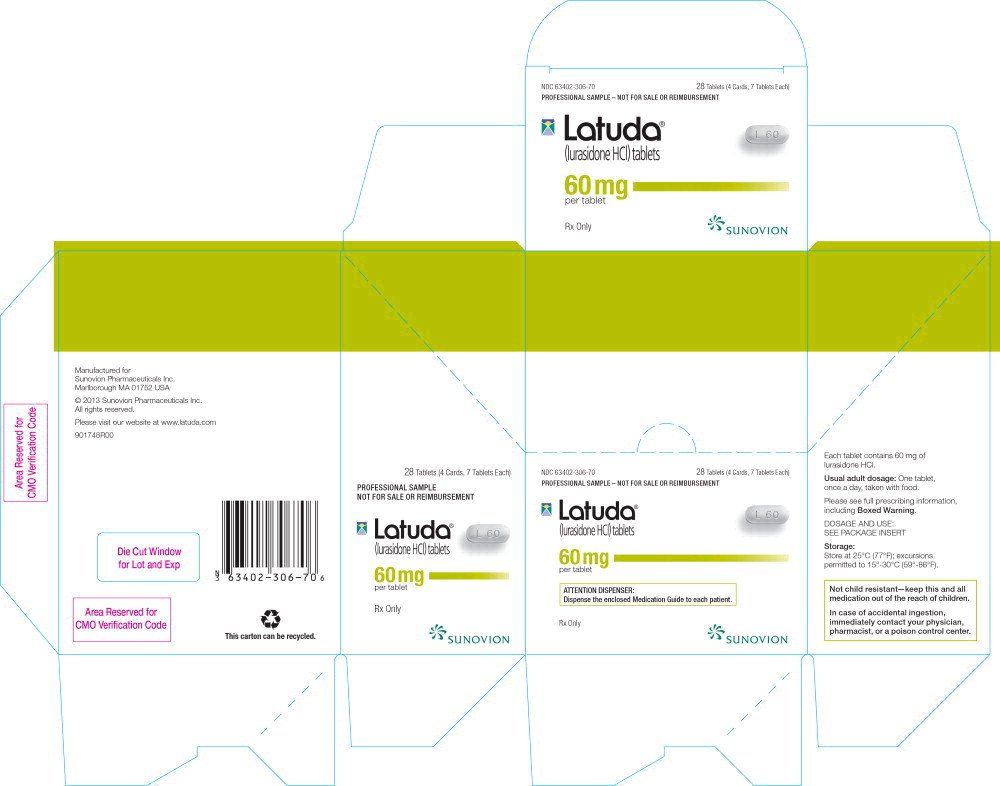What Happens If You Take Latuda On An Empty Stomach
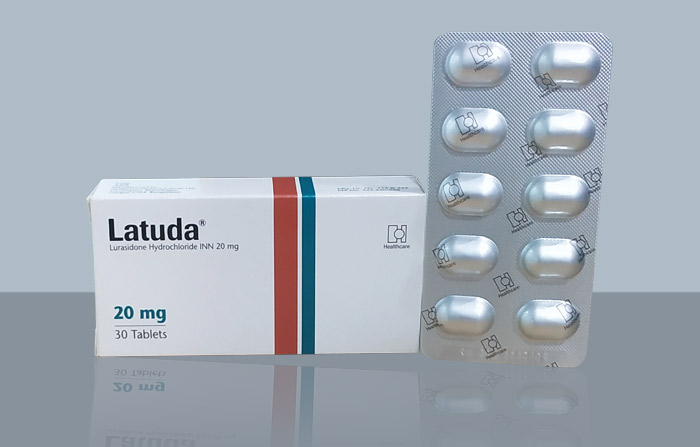
Imagine this: you're rushing out the door, late for a meeting, and you gulp down your daily medications, including Latuda, on an empty stomach. A nagging feeling creeps in. Is this the right way to take it? Will it still work? That subtle unease is something many people who take this medication experience.
The impact of taking Latuda (lurasidone) on an empty stomach can significantly reduce its effectiveness. This is because Latuda is designed to be absorbed into the bloodstream more efficiently when taken with food. Failing to adhere to this recommendation can lead to diminished therapeutic benefits and potentially exacerbate symptoms the medication is intended to manage.
Understanding Latuda and its Purpose
Latuda is an atypical antipsychotic medication primarily prescribed to treat schizophrenia and depressive episodes associated with bipolar disorder. It works by affecting the levels of certain neurotransmitters in the brain, such as dopamine and serotonin, helping to stabilize mood and reduce psychotic symptoms.
This medication has provided a lifeline for countless individuals, enabling them to lead more stable and fulfilling lives. However, its effectiveness hinges on proper administration, and that's where the importance of taking it with food comes into play.
The Science Behind Food and Absorption
Latuda's absorption rate is significantly affected by the presence of food in the stomach. Specifically, the manufacturer recommends taking it with at least 350 calories. This is not just an arbitrary number; it’s based on clinical trials demonstrating the optimal conditions for the drug to be absorbed into the bloodstream.
When taken on an empty stomach, the amount of Latuda absorbed can be drastically reduced, sometimes by as much as 50%. This means that a person may not be receiving the full therapeutic dose intended by their doctor, potentially leading to a return of symptoms or a lack of improvement.
What Happens When You Skip the Meal?
Taking Latuda without sufficient food can lead to several undesirable outcomes. The most common is a decrease in the drug's effectiveness. If the medication isn't properly absorbed, it simply won't work as well, and symptoms like hallucinations, delusions, or mood swings may persist or worsen.
Individuals may also experience a delayed onset of action, meaning it takes longer for the medication to start providing relief. This delay can be particularly problematic for those experiencing acute episodes of mania or psychosis.
Possible Side Effects and How to Mitigate Them
While taking Latuda on an empty stomach primarily affects its absorption, it's worth noting potential side effects related to the medication itself. These can include drowsiness, nausea, and restlessness.
Always follow your doctor's instructions and report any unusual symptoms or concerns promptly. Open communication is key to managing your medication effectively.
Practical Tips for Taking Latuda Correctly
To ensure Latuda works as intended, plan your meals around your medication schedule. Aim for meals that contain at least 350 calories, including a mix of carbohydrates, proteins, and fats.
Consider keeping a food journal to track your meals and medication intake. This can help you stay organized and identify any patterns that might be affecting your treatment.
"Consistency is key when it comes to medication management," advises Dr. Emily Carter, a leading psychiatrist. "Establishing a routine ensures you're getting the right dose at the right time, maximizing the benefits of your treatment."
A Final Thought
Taking Latuda correctly, especially with food, is crucial for its efficacy. Don't let the hustle of daily life compromise your mental health treatment. Prioritize a balanced meal with your medication, and you'll be one step closer to a more stable and fulfilling life.
Remember, your mental health journey is unique. By understanding the nuances of your medication and working closely with your healthcare provider, you can optimize your treatment and reclaim control of your well-being.
